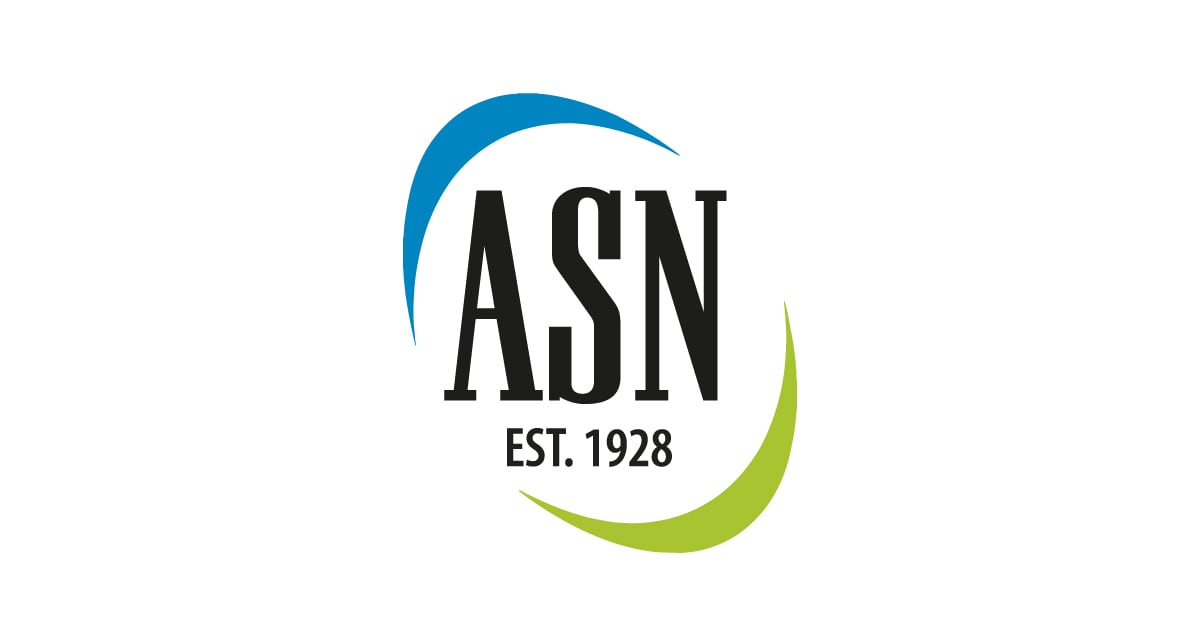Bread containing the low-cost mushrooms increased vitamin D levels and boosted immune response of TB patients
Baltimore (June 9, 2019) – Tuberculosis (TB) remains one of the deadliest infectious diseases in low income countries, with around 1.6 million people dying of the disease each year. In a new study, researchers show that sun-exposed oyster mushrooms offer a readily available source of vitamin D that can help TB patients respond better to anti-TB drugs by improving immune response.
“TB is becoming more difficult to fight due to the emergence of drug-resistant strains, creating an urgent need for new treatments that can support first-line drugs,” said TibebeSelassie Seyoum Keflie, a doctoral fellow at University of Hohenheim, Germany. “This source of vitamin D is ideal for low income countries because mushrooms can easily be distributed and administered in a safe, low-cost, easy-to-replicate manner.”
Keflie, who performed the research with Hans Konrad Biesalski, presented the research at Nutrition 2019, the American Society for Nutrition annual meeting, held June 8-11, 2019 in Baltimore.
Join ASN!
And get access to immersive learning experiences, collaboration, and networking with the greatest minds in nutrition.
Studies have shown that vitamin D induces the body to form an antimicrobial compound that attacks the bacterial cause of TB. Although sun exposure can boost a person’s vitamin D levels, it must be obtained through diet when sun exposure is scarce.
The researchers used oyster mushrooms because they offer a cheap, safe and readily available source of vitamin D that is easily absorbed by the body. Although fresh oyster mushrooms contain almost no vitamin D, the fungus produces it the after exposure to sunlight much like the human body.
“This is the first time that vitamin D derived from oyster mushrooms exposed to sun has been shown to be a potential adjunctive therapy for TB,” said Keflie. “With educational outreach, it might be possible to teach people with TB to irradiate their own mushroom for a brief period before cooking.”

For the study, the researchers gave a group of TB patients sandwich bread containing 146 micrograms of vitamin D from sun-exposed oyster mushrooms every morning during the first four months in which they received an anti-TB drug.
At the end of the four months, 95 percent of patients receiving the fortified bread were classified with the lowest TB severity score on a scale of 1 to 5. The treatment group had significantly higher vitamin D levels compared to patients not receiving the bread, with more than a third of them no longer showing a vitamin D deficiency. The researchers also observed that patients who consumed the fortified bread had significant improvements in immunological responses over the four months.
The researchers plan to carry out additional investigations on the interactions of vitamin D and immunological responses in larger and more diverse groups of TB patients. They are also developing different mushroom drying methods to determine how to achieve the highest levels of vitamin D.
TibebeSelassie Seyoum Keflie will present this research on Sunday, June 9, from 3:45 – 4 p.m. in the Baltimore Convention Center, Room 319/320 (abstract). Contact the media team for more information or to obtain a free press pass to attend the meeting.
Exceptional Science & Inspiring Speakers

Get access to over 60 hours of the best science and latest clinical information at your convenience.
###
This release may include updated numbers or data that differ from those in the abstract submitted to Nutrition 2019.
Please note that abstracts presented at Nutrition 2019 were evaluated and selected by a committee of experts but have not generally undergone the same peer review process required for publication in a scientific journal. As such, the findings presented should be considered preliminary until a peer-reviewed publication is available.

About Nutrition 2019
Nutrition 2019 is the annual meeting of the American Society for Nutrition held June 8-11, 2019 at the Baltimore Convention Center. It is the national venue for more than 3,600 top researchers, practitioners and other professionals to announce exciting research findings and explore their implications for practice and policy. Scientific symposia address the latest advances in cellular and physiological nutrition and metabolism, clinical and translational nutrition, global and public health, population science, and food science and systems. https://nutrition.org/N19 #Nutrition2019
About the American Society for Nutrition (ASN)
ASN is the preeminent professional organization for nutrition research scientists and clinicians around the world. Founded in 1928, the society brings together the top nutrition researchers, medical practitioners, policy makers and industry leaders to advance our knowledge and application of nutrition. ASN publishes four peer-reviewed journals and provides education and professional development opportunities to advance nutrition research, practice and education. https://nutrition.org
Find more news briefs and tipsheets at: https://www.eurekalert.org/meetings/nutrition/2019/newsroom/.





